Related Research Articles

Richard Bland, sometimes referred to as Richard Bland II or Richard Bland of Jordan's Point, was an American Founding Father, planter, lawyer and politician from Virginia. A cousin and early mentor of Thomas Jefferson, Bland served 34 years in the Virginia General Assembly, and with John Robinson and this man's cousin Peyton Randolph as one of the most influential and productive burgesses during the last quarter century of the colonial period.
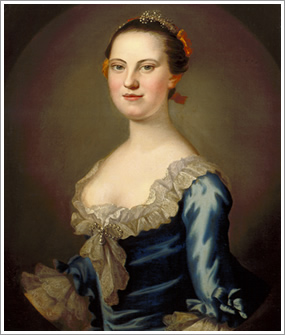
Mary Willing Byrd was an American planter.

The Library of Virginia in Richmond, Virginia, is the library agency of the Commonwealth of Virginia. It serves as the archival agency and the reference library for Virginia's seat of government. The Library moved into a new building in 1997 and is located at 800 East Broad Street, two blocks from the Virginia State Capitol building. It was formerly known as the Virginia State Library and as the Virginia State Library and Archives.
John Holloway was a politician and lawyer in the British colony of Virginia. He served as Speaker of the House of Burgesses (1720–34), having represented at various times, King and Queen County, York County and Williamsburg. He also served as the first mayor of Williamsburg, Virginia (1722–23), and treasurer of the colony (1723–34).
Dabney Carr was a Virginia lawyer, writer and a justice of the Virginia Supreme Court of Appeals.
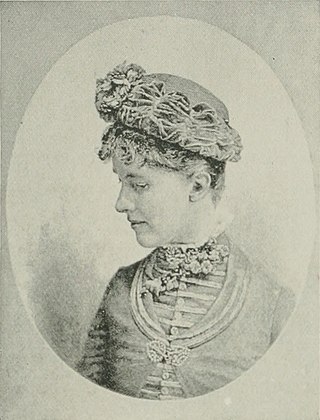
Frances Courtenay Baylor Barnum was an American writer of fiction.
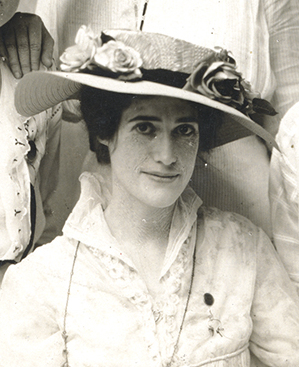
Adele Goodman Clark was an American artist and suffragist.
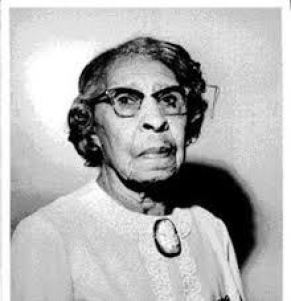
Clara Byrd Baker was an American educator, civic leader, and suffragist who fought for equal rights in the early 20th century. She was the first woman to vote in Williamsburg, Virginia.

Clementina Rind was a Colonial American woman who is known as being the first female newspaper printer and publisher in Virginia. Living and working in Williamsburg, Virginia, she took the printing press established by her husband, William Rind, after his death in 1773. Clementina continued to print The Virginia Gazette and also published Thomas Jefferson's tract A Summary View of the Rights of British America.
Edith Turner, sometimes known as Edy Turner or Edie Turner, or by her personal name Wané Roonseraw, was a leader – often styled "chief" or "queen" – among the Nottoway people of Virginia in the eighteenth and nineteenth centuries.
William Waller Hening (1768–1828) was a 19th-century attorney, legal scholar, publisher and politician during the formative years of the United States. He was a contemporary of many founding fathers, including Thomas Jefferson, John Marshall and James Monroe.
Anna Whitehead Bodeker was an American suffragist who led the earliest attempt to organize for women's suffrage in the state of Virginia. Bodeker brought national leaders of the women's suffrage movement to Richmond, Virginia to speak; published newspaper articles to draw attention and supporters to the cause; and helped found the Virginia State Woman Suffrage Association in 1870, the first suffrage association in the state.
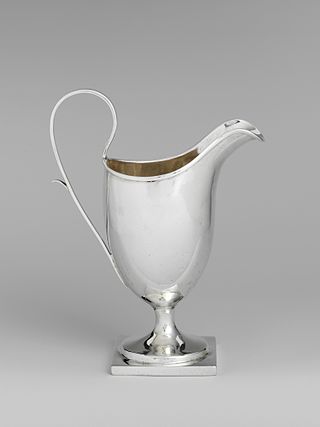
John Adam was a noted silversmith in Alexandria, Virginia.
Josephine Maria Logan, known as Lillie was an American painter and instructor, active for many years in Richmond, Virginia. She has been described as "probably Richmond's most esteemed teacher of art" in the late nineteenth century.

Elizabeth Dabney Langhorne Lewis was the founder of the Lynchburg Equal Suffrage League and vice-president of the Equal Suffrage League of Virginia. She was also one of the founders of the Virginia League of Women Voters.
Adeline Detroit Wood Atkinson was an American hotelier.
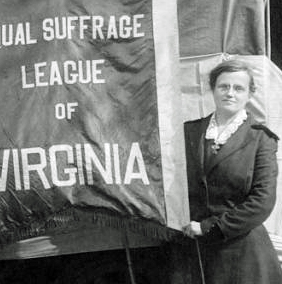
Edith Clark Cowles was an American suffragist. She was one of the founders of the Equal Suffrage League of Virginia.
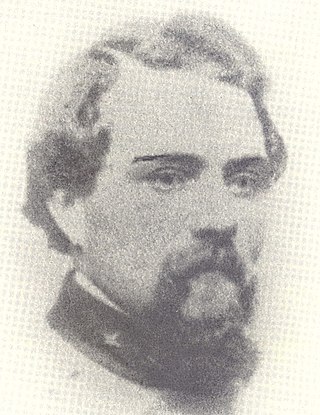
Carter Moore Braxton Jr. (1836–1898) was an American civil engineer and businessman in the Hampton Roads area of Virginia, and a Confederate artillery officer, rising to the rank of lieutenant colonel during the American Civil War.
Nathaniel Bacon, sometimes referred to as "Bacon the Elder" was a politician in colonial Virginia. As President of the Virginia Governor's Council, Bacon served as the acting Governor of Virginia during multiple periods in the 1680s and 1690s.
References
- ↑ "The Dictionary of Virginia Biography".
- ↑ Kneebone, John T.; Looney, J. Jefferson; Tarter, Brent; Treadway, Sandra Gioia (1998). Dictionary of Virginia Biography (Volume 1). Library of Virginia. p. vi. ISBN 0884902064 . Retrieved 14 October 2015.
- ↑ "The Dictionary of Virginia Biography". Library of Virginia. Retrieved 14 October 2015.
- ↑ Powell, William S. (1 October 1999). "Dictionary of Virginia Biography. Volume 1: Aaroe-Blanchfield (Book Review)". The North Carolina Historical Review. 76 (4): 445.
- ↑ Abbot, W. W. (July 1999). "Reviewed Work: Dictionary of Virginia Biography. Volume I: Aaroe-Blanchfield by John T. Kneebone, J. Jefferson Looney, Brent Tarter, Sandra Gioia Treadway, Daphne Gentry, Donald W. Gunter". The William and Mary Quarterly. 56 (3): 631–633. doi:10.2307/2674570. JSTOR 2674570.
- ↑ Bailey, Raymond C. (October 2003). "Dictionary of Virginia Biography ed. by Sara B. Bearss et al. (review)". Ohio Valley History. 3 (1): 45–46. Retrieved 14 October 2015.
- ↑ Clarke, Sarah Meacham (2002). "Reviewed Work: Dictionary of Virginia Biography, Volume Two by Sara B. Bearss, John T. Kneebone, J. Jefferson Looney, Brent Tarter, Sandra Gioia Treadway". Tennessee Historical Quarterly. 61 (4): 304–305. JSTOR 42627731.